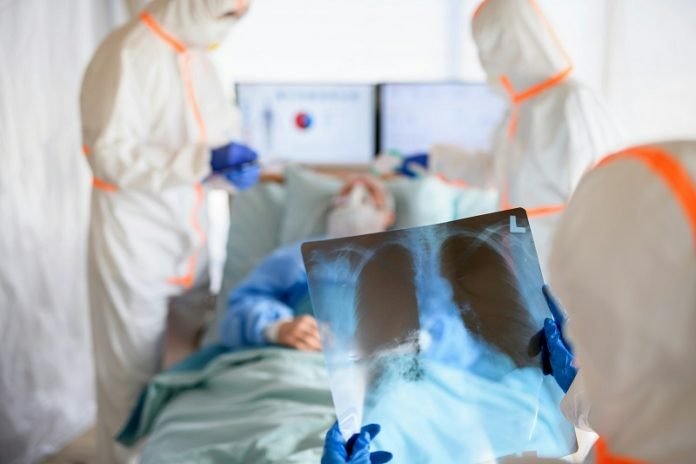
Researchers at the Hudson Institute of Medical Research have made a significant breakthrough in the treatment of severe influenza and other respiratory viruses.
Under the leadership of Associate Professor Michelle Tate and in collaboration with Melbourne-based Lateral Pharma Pty Ltd, they have discovered a novel therapy that could revolutionize the way we combat these illnesses.
Their findings, published in the Journal of Infectious Diseases, reveal the potential of the compound LAT9997 to reduce the severity of flu symptoms, including dangerous lung inflammation and damage.
Severe lung conditions like flu, COVID-19, and pneumonia often lead to hyperinflammation in the lungs, causing significant harm. Unlike traditional antiviral drugs that target the virus, LAT9997 operates differently.
It mimics a natural protein in our body and acts directly on lung cells, protecting them from damage and death. This innovative approach not only limits lung damage but also reduces the virus’s ability to replicate in the lungs.
LAT9997 is a 6 amino acid peptide that mimics part of the growth hormone protein. Its structure is relatively simple, making it easier to manufacture compared to more complex compounds.
The influenza virus, known for infecting the respiratory tract and causing inflammation, can lead to severe complications like pneumonia, bronchitis, and ARDS, particularly in vulnerable groups.
While inflammation is a natural and beneficial response of the body, excessive inflammation can be destructive, especially to sensitive organs like the lungs. Fine-tuning this inflammatory response is crucial in treating respiratory diseases.
The COVID-19 pandemic has underscored the damage caused by uncontrolled inflammation, similar to severe flu cases. Tate emphasizes the urgent need for new drugs to treat influenza and emerging respiratory viruses.
The promising pre-clinical results of LAT9997 have set the stage for further research to understand how these treatments protect the lungs and to identify markers for clinical trials.
Looking beyond the immediate benefits, this research has significant implications for future pandemic preparedness.
Tate warns of the potential for a bird flu pandemic, noting the high mortality rates in human infections and the lack of effective drugs to limit flu deaths.
With no current drugs available for immediate treatment and the time-consuming process of developing new vaccines, treatments like LAT9997 could be crucial in bridging the gap during the critical early stages of a pandemic.
This breakthrough represents a significant stride in respiratory virus treatment, offering hope not only for current strains of influenza but also as a vital tool in our arsenal against future pandemics.
If you care about lung health, please read studies about marijuana’s effects on lung health, and why some non-smokers get lung disease and some heavy smokers do not.
For more information about health, please see recent studies that olive oil may help you live longer, and vitamin D could help lower the risk of autoimmune diseases.
The research findings can be found in The Journal of Infectious Diseases.
Copyright © 2024 Knowridge Science Report. All rights reserved.



